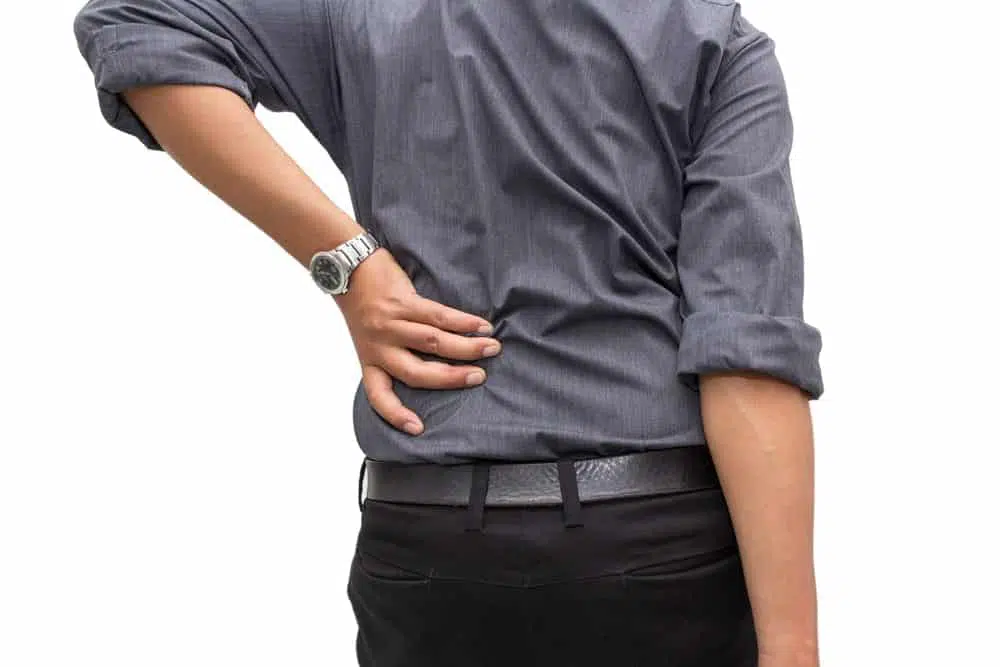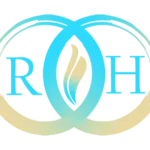Call Now!
Torrance Office: +1 (424) 360-0155

In between each individual vertebra composing your spine are jelly-like pads of gelatinous tissue called spinal discs. The purpose of a spinal disc is to protect vertebrae from scraping against each other and facilitate movement of the spine. If your spine were made only of bony vertebrae, you could not bend, twist or perform other spine-associated movements without suffering severe pain and bone erosion.
When a disc becomes herniated, this means some of the disc's thick, liquid center has pushed through a rip or tear in the exterior of the disc. Most herniated discs occur in your lower back. Losing even a small portion of this liquid reduces the ability of the spine to remain flexible and absorb the constant impact of bearing your upper body's weight.
The terms "slipped" and "ruptured" discs are used interchangeably with herniated disc because all three terms essentially mean the same thing. However, a bulging disc indicates a disc with a weakened exterior that allows the inner fluid of the disc to form a bulge on one side of the disc. Bulging discs haven't begun leaking yet but are at risk for becoming a herniated disc.
Age-related wear and tear to discs called disc degeneration is the most common cause of disc herniation. Aging dehydrates spinal discs, making them less flexible, weaker and prone to rupturing.
People who frequently use their back muscles instead of their thigh and leg muscles to hoist heavy objects can promote a herniated disc. In rare cases, a hard blow to your back or falling heavily on your back may cause a bulging disc to rupture.
Certain risk factors may raise the risk of suffering a herniated disc. These factors include:
Leg and/or arm pain--since most herniated discs develop in the lumbar (lower) area of your back, you will likely feel intense pain in your calves, thighs, and buttocks. People with a cervical (neck) herniated disk will suffer arm and shoulder pain. Moving your spine in a certain way, sneezing and coughing may also cause sudden, radiating pain in your arms and legs.
Numbness, tingling, burning sensations--herniated discs impinge on sensitive nerves extending from your spine into all areas of your body. Having a herniated disc means you could feel numbness and burning in any part of your body
Muscle weakness--muscles innervated by compressed nerves tend to impair muscle functioning. A ruptured disc may reduce your ability to hold or lift objects or cause you to walk more unsteadily than usual
Badly ruptured discs may press against spinal nerves extending into both sides of your body, causing severe pain to radiate down both legs. Although uncommon, a serious herniated disc that does not get the ruptured disc surgery it needs can markedly weaken lower extremity muscles and even cause bladder/bowel incontinence (cauda equina syndrome)
Following evaluation of their herniated disc by a ruptured disc doctor, patients may qualify for nonsurgical therapies such as:
Nerve blocks (anesthetic shots) provide pain relief from a herniated disc by blocking nerve transmissions emitted by the disc. Epidural steroid injections may also be steroid or cortisone shots injected into painful tissues to reduce pain, inflammation and stiffness. These injections temporarily alleviate herniated disc discomfort and may need repeated several times a year.
In most cases, nonsurgical ruptured disc treatment controls progression of a herniated disc. When bulging discs worsen and interfere with your ability to work or perform normal daily activities, a ruptured disc doctor may recommend one of two surgeries: a microdiscectomy or a lumbar decompression surgery.
A microdiscectomy or microdecompression surgery relieves pressure on spinal nerve roots by removing tissues responsible for pain. During a microdiscectomy, the surgeon excises tiny portions of disc material and/or bone that is compressing nerve roots. Herniated disc patients suffering more leg pain than back pain will feel rapid pain relief following a microdiscectomy. It could take several weeks for nerve roots to heal enough to relieve other herniated disc symptoms such as numbness, tingling and weakness affecting the lower back and legs.
Call Rolling Hills Medical today to schedule a consultation appointment with a ruptured disc doctor who can help you develop a treatment plan best suited for your unique health needs. You can reach out to our herniated disc doctors and staff at 424-250-8699 .
